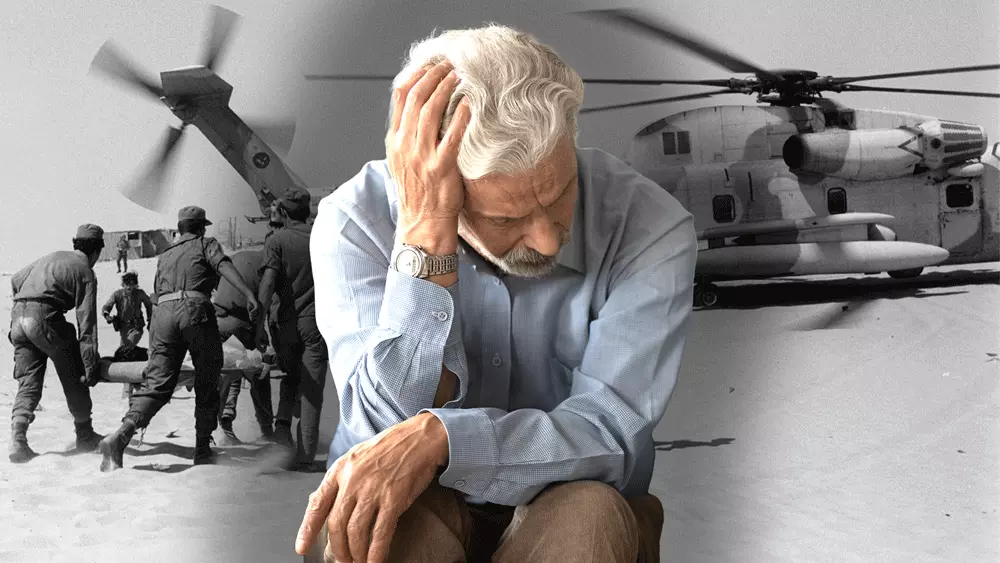In my psychotherapeutic work with older adults, I meet people for whom the idea of retiring from their job, or from certain highly valued functions, does not seem feasible, and when they are discontinued, they produce a deep emotional impact.
Therefore, understanding their reasons is of great importance both at the individual level and in the family or community plot.
Age seems to conflict with the possibility of continuing with these roles, either because of the obligation to retire, because of the belief that there should be leisure time that opens doors to new interests, or because of the physical difficulties that may appear and limit their performance.
That step, which for so many people is as longed for as it is necessary, for others becomes an experience of helplessness, ignorance of oneself, difficulty in interactions and anger at a lost space that is difficult to replace.
The roles played constitute ways in which we connect with reality and with ourselves.
The one that is produced from occupations in which it was possible to reach levels of competence and development, of prestige and recognition or of pleasure and meeting with others.
Activity that shaped a way of understanding oneself and being able to be more capable of facing the most pressing doubts of the human being: do I serve, can I, do they value me, do they love me, or even more, can I defend myself or face life?
Factors that would increase that dangerous and much feared feeling of impotence, which neurotically harasses the human being, since it usually shows us what we still could not or did not arrive at.
The work roles, or those other functions with which we identify ourselves and are identified, make it possible, in their own way, to control how a subject sees himself or is seen by others: doctor, teacher, employee... When changes occur in personal trajectories, such as retirement or the departure of children, that belief about who we were could lose sharpness.
A patient humorously indicated that, after her retirement, her problem was the verb tenses: am I or was I the graduate?
The way of presenting ourselves would become more diffuse and it would be the others who would have more power to award us, and in their own way materialize, those characteristics that may not be the most appreciated of oneself.
A patient expressed: before the doctor spoke, now a retiree says it.
For this reason, when people feel that others no longer see what they saw before, or the person no longer believes himself as he believed himself to be, resources are lost to manage another of the great fears, which, as Gardel says, is: "The shame of having been and the pain of no longer being."
Likewise, relationships not mediated by meetings and work times for some open to other forms of sociability while for others it closes them strongly.
In each of the cases we are talking about defensive mechanisms that serve to face reality with greater tools and allow us to reorganize ourselves in the face of changes that may be difficult to process.
Of course, the individual is not always trapped in looks and readings of himself that are so homogeneous or not very transformable, but what is certain is that many must go through these processes of change through complex adaptations, which entail painful moments to reach new forms of configure who one is at each vital moment.
Some have the possibility of continuing with their tasks because the previously indicated limits do not reach them, but others cling vigorously since what they can lose has a particular gravitation in their lives.
We know that this position can cause discomfort in areas where a generational renewal is expected, as happens in companies, especially family ones, in couples who do not have similar goals and the work of one hinders the project of the other, or where certain physical limitations they become a risk to the continuity of activities associated, directly or indirectly, with the function performed.
In any case, that "dying with your boots on" seems a hard and clear representation of not being able to leave certain spaces, although it does not imply that certain modifications cannot be made in the ways and times of doing and, somehow, being, that imply positive and beneficial adaptations.
What is clear is that assuming that there should be a necessary retirement is part of a prejudiced discourse that ignores the enormous possibilities of many older people and their right to exercise roles like any other citizen.
Although the possibility of retiring also continues to be, not only a necessary economic alternative, but also a possibility of assuming other desires to put them into play and give yourself a new opportunity.
The information that we must attend to, and that usually reaches the psychological consultation, is when someone's boots are taken off prematurely, which can mean a condition that alters such basic resources that it is not surprising that they produce mental and even physical pathologies.
Ricardo Iacub is a Doctor of Psychology (UBA)















